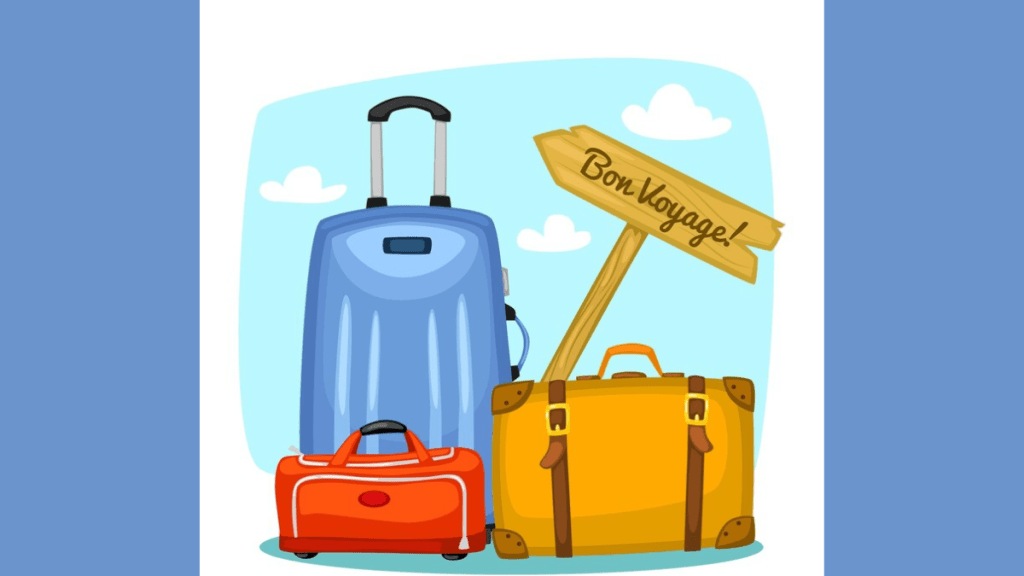Intensifying competition from online players, a steady influx of new brands, as well as a high base effect, have slowed the pace of growth of organised luggage majors such as Samsonite, VIP Industries and Safari who together control 90% of the branded segment.
The challenges being faced by these companies came to the fore once again when VIP Industries founder-chairman Dilip Piramal, while commenting on the resignation of Nisa Godrej as an independent director from the company board, said that growth rates have slowed and that the March quarter was bad.
“The March quarter (of FY24) was not good at all for us. We widened our net loss during the quarter. While the sales growth rate improved sequentially during the quarter (to 14% from 4% in the December quarter), it was still lower than the year-ago period (26%),” Piramal told FE.
While he added that the organised luggage market in India will bounce back as the travel market continues to boom, a look at the overall numbers suggests that this could take some time.
From the levels of 26-108% in terms of sales growth for Q4FY23, the topline growth of Samsonite, VIP Industries and Safari fell to 10-21% in Q4FY24. The three players are ranked No. 1, 2 and 3 in the `15,000-crore organised luggage market in the country.
Samsonite, which is a global major, does not give a detailed break-up of its India financial numbers. Safari Industries, also a listed player like VIP Industries, saw its Q4FY24 net profit grow 13.41% year-on-year to Rs 43.19 crore.
But in its March (2024) quarter earnings statement, Samsonite indicated that there was a slowdown in the Indian luggage market. “After three years of explosive growth in India, during which net sales nearly doubled from the first quarter of 2019 to the first quarter of 2023, India’s first quarter 2024 net sales decreased (by 10%) as customer traffic began to moderate,” the company said.
“What we are seeing in India is a lot of promotional activity. Our competitors are also discounting. There’s a lot of high inventory positions as well. And so, the overall market in India, there’s a lot of bags,” Samsonite management told analysts.
VIP Industries, on the other hand, has faced significant challenges in recent quarters, including a shift in consumer preferences from soft luggage to hard luggage and management issues within the company.
Experts say that the online segment has democratised price points with luggage brands available at affordable price points and a number of direct-to-consumer players such as Mokobara, Nasher Miles and Uppercase disrupting the market with new styles, designs and innovations.
“The post-Covid luggage market has evolved as consumers increasingly travel and demand more affordable, innovative and fashionable products,” said Harminder Sahni, founder and MD at Gurugram-based retail consultancy Wazir Advisors.
To increase consumer excitement, companies such as Samsonite have amplified their marketing efforts over the last few years, tying up with both brand ambassadors (such as Virat Kohli for American Tourister) and also using influencer marketing aggressively on digital media. The company recently tied up with personalities such as Ghazal Alagh, co-founder of beauty brand Mamaearth, tennis player Sania Mirza, actor and fitness expert Milind Soman, and Formula 1 driver Karun Chandhok for its ‘tested like Samsonite’ campaign.
The luggage business in India is estimated at less than ₹50,000 crore, with organised players accounting for about a quarter of the industry.

